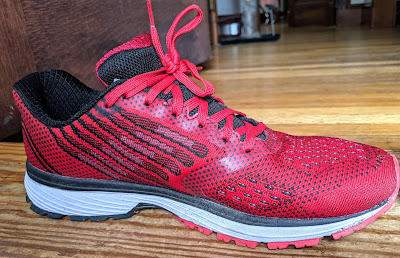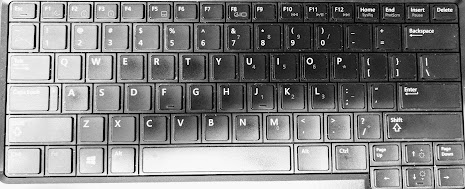Review: How the South Won the Civil War: Oligarchy, Democracy, and the Continuing Fight for the Soul of America
How the South Won the Civil War: Oligarchy, Democracy, and the Continuing Fight for the Soul of America by Heather Cox Richardson My rating: 4 of 5 stars In the wake of the 2020 election and the January 6 insurrection, this book feels all the more poignant and essential for reading and understanding the modern party politicals of the Republican Party. While the book starts in the founding of the country, its major focus (as the title indicates) is understanding how the pretext of the Civil War and its aftermath reinforced a central privileging of white men at the disregard and disposal of women and people of color, who despite legal changes in the 1800s were still marginalized and second-class citizens throughout the 1800s, 1900s, and even still in the 2000s. The central argument that she makes is that the founders of the country and the leaders of the South invoked the language of freedom and individualism as the grounds of the United States,



